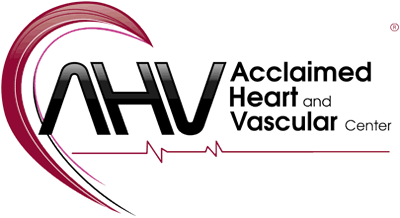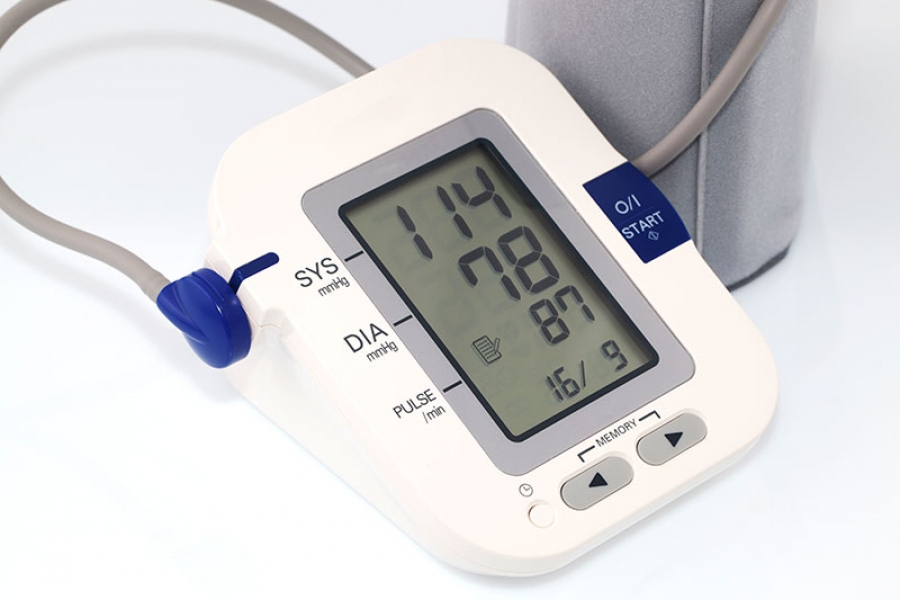Hypertension is very common. According to the CDC, In 2016, 75 million Americans (29%)1 are living with the condition. Hypertension may develop over the course of several years. During that span, you may not notice any symptoms. Even without symptoms, high blood pressure can cause damage to your arteries and blood vessels. For more information on hypertension’s damage to your body, click here.
Early detection is important. Regular blood pressure readings can help you and your doctor notice any changes. If your blood pressure is elevated, your doctor may check your blood pressure over a few weeks to see if the number stays elevated or falls back to normal levels.
The American Heart Association (AHA)2 defines the following ranges of blood pressure:
- Normal blood pressure is below 120 systolic and below 80 diastolic
- Prehypertension is 120-139 systolic or 80-89 diastolic
- Stage 1 high blood pressure (hypertension) is 140-159 systolic or 90-99 diastolic
- Stage 2 high blood pressure (hypertension) is 160 or higher systolic or 100 or higher diastolic
- Hypertensive crisis (a medical emergency) is when blood pressure is above 180 systolic or above 110 diastolic.
Click here to learn Why Hypertension is such a big deal.
Symptoms or Hypertension
Typically, you may not experience any symptoms with hypertension. It may take years for the condition to become severe enough to cause symptoms.
Some symptoms include:
- headaches
- shortness of breath
- nosebleeds
- flushing
- dizziness
- chest pain
- visual changes
- blood in the urine

Acclaimed Heart and Vascular Center
We deliver excellent care with compassion after discussing your health and treatment plan with simplicity.
Causes and Risk Factors of Hypertension
There are several general risk factors for hypertension, including:
- Age - Prevalence of hypertension is higher in people over 60 years of age
- Race - African-American adults are at higher risk than white or Hispanic American adults
- Size - Being overweight or obese is a key risk factor for hypertension
- Sex - Men are more prone to hypertension at a younger age and women have a higher rate of hypertension at older ages
- Lifestyle - Greater intake of dietary salt, excessive alcohol, low dietary potassium, and physical inactivity all contribute to an increased risk of hypertension.
Causes:
- Hereditary factors - Genetic factors likely play some role in high blood pressure, heart disease, and other related conditions.
- Lack of physical activity
- Poor Diet
- Use of illegal drugs or chronic alcohol use
- Smoking
- Being overweight or obese
- Kidney disease
- Obstructive sleep apnea
- Congenital heart defects
- Thyroid problems
- Side effects of medications
- Adrenal gland problems
- Certain endocrine tumors
Click here to learn Ways to control and prevent Hypertension.
1Center for Disease Control and Prevention, High Blood Pressure Facts
2American Heart Association, Understanding Blood Pressure Readings
DISCLAIMER: THIS WEBSITE DOES NOT PROVIDE MEDICAL ADVICE
The information, including but not limited to, text, graphics, images and other material contained on this website are for informational purposes only. The purpose of this website is to promote broad consumer understanding and knowledge of various health topics. It is not intended to be a substitute for professional medical advice, diagnosis or treatment. Always seek the advice of your physician or other qualified health care provider with any questions you may have regarding a medical condition or treatment and before undertaking a new health care regimen, and never disregard professional medical advice or delay in seeking it because of something you have read on this website.

